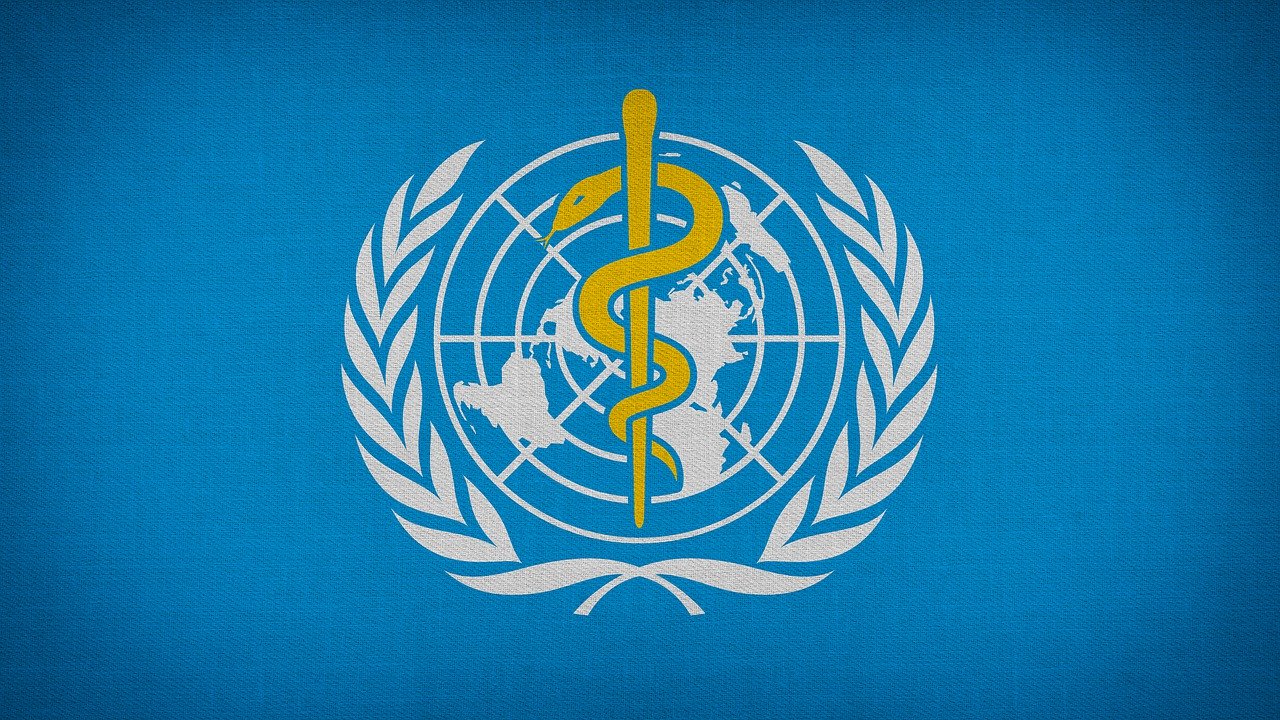The World Health Organization has recently emphasized the need for continued investment in healthcare systems around the world in a recent statement given on Wednesday in order to control the health crises and outbreaks in the future.
Tedros Adhanom Ghebreyesus, who is the chief of WHO, specifically mentioned how a better and updated healthcare system would avoid an uncontrollable and high death rate by giving an example of the current COVID-19 pandemic.
Statistically, the COVID-19 health crisis is now responsible for over 250,000 deaths and has over three million confirmed cases around the globe.
During a virtual briefing in Geneva, Tedros stated “The COVID-19 pandemic will eventually recede, but there can be no going back to business as usual. We cannot continue to rush to fund panic but let preparedness go by the wayside.”
He added that “As we work on responding to this pandemic, we must also work harder to prepare for the next one.”
Furthermore, Tedros also highlighted that the total global expenditure that goes to healthcare systems is over seven trillion dollars which makes almost ten percent of the global gross domestic product.
However, this is not enough for preparing the systems for a crisis or previously unidentified contagious pathogenic attacks. While the timeline of pandemics cannot be estimated, it is certainly possible to prepare for them.
RELATED: No Evidence to Show Coronavirus Came from Wuhan Lab
In the majority of the countries, investing in healthcare systems to maintain them is common but preparing them for new pathogens is an issue that has been neglected and deemed unimportant.
Tedros urged that it is time to prioritize preparing healthcare systems for outbreaks while maintaining them. Not only will this prevent pathogens from becoming global pandemics, such as the COVID-19 pandemic, but it will also be much cheaper compared to the expenditures needed for controlling a health crisis.
The COVID-19 pandemic can help in learning a lot of things for the future including how early investment may save not only money but also a big number of human lives.
More specifically, Tedros said, “History will judge all of us not only on whether we got through this pandemic but also on the lessons we learned and the actions we took once it was over.”
In addition to accentuating the need for investment for controlling pandemics in the future, the statement also talked about the need for prioritizing assistance for people in countries with severe humanitarian crises and ongoing wars.
As some countries have managed to control the COVID-19 pandemic and eased lockdown restrictions, the number of cases of the virus has still continued to grow and reached other countries in Eastern Europe, Asia, and elsewhere in the world.
In this process, some of the world’s most vulnerable states, including Yemen, Haiti, and Syria are now also seeing the spread of COVID-19.
Additionally, the infection is also paving the way for increased problems for the local population and better opportunities for terrorist groups including the ISIL to restore control and engage in more violent activities.
There have also been reports of suicide attacks by the ISIL in various parts of Iraq and Syria in the past two weeks.
There is a need for support from countries with stronger economies and strong healthcare systems to control the virus spread in vulnerable populations in order to fully control the COVID-19 pandemic.
At the same time, the countries who have successfully been able to manage the first wave of the coronavirus pandemic should still remain cautious and continue some of the previously imposed restrictions as there is still a risk for a second wave which is said to be deadlier and harder to control than the first one.


